Your emotions are a part of you, and you should never ignore them. The more you understand your emotions, the more you will be able to be in touch with them.
So much is written about emotions — how to understand them, how to control them, or how they can help or hinder you. Just look at the self-help section of a bookstore or the cover of the multitude of grab mags at the checkout counter of your frequented food store. All can be helpful, but they are not always the truth and are not personalized for you.
So, what are emotions, really, and why do we have them in the first place? Emotions can best be viewed as essential reactions to being human and a clue of what you experience from the inside out. Emotions are really energy in motion.
If you ignore or suppress a challenging emotion like sadness or anger or guilt (and all the associated reactions), you actually feed the dragon. It is crucial to recognize a feeling, take a moment to assess where it came from, and in a safe place, really notice and feel those feelings.
Don’t deny them. If ignored or suppressed, they grow. If attended to and expressed, they shift in energy and you can become emotionally numb.
Culturally and historically, the importance of emotions has often been overlooked. Humans have been focused on logic, reason, and thinking. For a long time, I believed that this is where answers are to be found.
Human beings are now realizing the importance of emotions in thinking, reasoning, decision-making, leadership, and relationships. Indeed, like other human activities such as sleeping, eating, and breathing, emotions are non-discretionary.
Related: Emotionally Overwhelmed or Feeling Trapped. Here’s How You Can Reclaim Your Life
You may be able to choose to some degree when or how you react, but you do not get to choose if or when you experience them. They are a part of what makes us human.
People are learning a great deal about emotions from various perspectives. Some insights come from psychology and others from neuroscience.
If you’ve been attempting to prioritize logic while shutting out emotions, you may find yourself feeling numb, disconnected. But you can change your relationship with emotions to see them as a useful part of your makeup that you may not spend enough time cultivating.
Here are a few ideas for how to grow to understand your emotions better and become more in touch with them.
1. Learn that each emotion has a specific meaning or story to tell, that each emotion has a specific impulse or predisposition and each emotion exists for a purpose.
In other words, emotions are not random and are actually quite logical. Each is very specific, and you need to listen to and understand them to think clearly, know yourself, act in accordance with your values, and understand the thinking and action of others. Learning this can make them a tool as powerful as reasoning, thinking, and conversation.
Getting “emotionally naked” is about learning how to be open about your authentic self with the rest of the world (well, at least those you trust). It is about how being secretive about yourself can lead to physical, mental, and emotional sickness. Can we actually try to live healthier by being honest with our fellow humans about who we are and how we are?
2. Try this exercise if you feel emotionally numb and overwhelmed with an emotional experience.
As Sue Monk Kidd says in her book The Invention of Wings, “There is no pain on Earth that doesn’t crave a benevolent witness.”
Here’s a process used for reclaiming parts of your authentic self that you may have left hidden in the shadows. Follow this template for naked-sharing slowly, using a journal, personal reflection time, and patience.
Recall: Remember a belief or experience that causes you to keep it hidden.
Reflect: Consider this memory. What happened? Who was there? How did it affect you?
Reveal on paper: Write in a journal your memories, thoughts, feelings, actions, and emotional reactions. Just free flow, get it out and on paper. Then read it to yourself as if you were hearing about it from your younger self.
Reveal to another: This is where you make a big step. Who can you share your story with? Who can you trust will listen to you with suspended judgment and full acceptance? True release from the chokehold of emotional angst is with a benevolent witness or committed listener.
Reboot: After you have shared with a trusted other, imagine you are rebooting your memory, just like computer memory. Let it be defragmented and safely put away.
Restart: This is when you get back on your journey to your future, starting now. You have now achieved a clean restart pertaining to this memory or story.
Get real. Be authentic. Be courageous. Make contact and learn to empathize. Trust and disclose yourself and invite others to do the same. You can be a committed listener to someone else.
Related: 7 Things You Need To Do To Heal Emotionally
3. Own your story.
Brene Brown’s work on vulnerability and the concept of whole-heartedness is wonderful research and life lessons for being more courageous. We can be purposeful and careful in revealing (or discovering) who we really are while also establishing strong boundaries and being very deliberate about when and with whom to share. Her books The Gifts of Imperfection and Daring Greatly are wonderful titles and books worth reading on your journey to living optimally and fully.
She says in The Gifts of Imperfection, “Owning our story can be hard, but not nearly as difficult as spending our lives running from it. Embracing our vulnerabilities is risky, but not nearly as dangerous as giving up on love, belonging, and joy — the experiences that make us the most vulnerable. Only when we are brave enough to explore the darkness will we discover the infinite power of our light.”
We are all a compilation of our experiences, our memories, and our perception of those. What we learn from them is the key. Chosen change or unchosen change eventually has to be accepted and digested before life continues.
These times are when you need someone to be emotionally naked with, and those lessons are what this book is about for you.
What key points of your life have affected your way of living, and what you share or don’t share? How could that change if you found the place and person to share what you have not shared, to say what you have not said, and to dream out loud with a caring listener?
Responses to events are mediated. In other words, when an event takes place, our responses — our behaviors — are shaped by (a) our interpretation of the event, which is a consequence of our beliefs, attitudes, and assumptions, and (b) the feelings generated by those beliefs, attitudes, and assumptions.
Those beliefs, attitudes, and assumptions are the preexisting lenses we wear and look through, which determine, or at least color, our observation and interpretation of events. Discover ways and means to be naked emotionally, when it is safe and secure, and you will find yourself feeling whole and open, at the right times, places, circumstances, and with the right people.
We are, in essence, relationship-beings.
If you live your life never revealing things that you have kept hidden, your authentic self will always be hidden as well. You will be loved by some and befriended by others, but there will be something crucial missing.
Related: 4 Easy Ways To Let Go Of Negativity From Your Life And Find Happiness
You will feel a hole somewhere inside of you, and that hole will keep you from feeling whole. In addition, if there are dreams or aspirations that you have given up on or have stuffed away, you are likely to feel unfulfilled in your calling. Likewise, if there are stories of abuse, hurt, loss, grief, shame, or guilt related to life experiences that you have also buried, you will have to live with the burden of keeping them hidden and protected.
The point is not to share these parts of yourself with everyone or just anyone; it is to find a trusted listener who will keep your stories sacred and personal. Naked living asks you to find that committed and trusted others and simply share the stories from your shadowy storage space and reclaim the energy that is attached to keeping them in hiding.
The witness is key. You can be emotionally naked by yourself, and there is value to that experience, yet it can only take you so far. Being emotionally naked during a relational experience with a trusted other has the power to evoke even deeper revelations. It must be a relational experience with a trusted other to be transformative.
Written By Patrick Williams Originally Appeared On YourTango
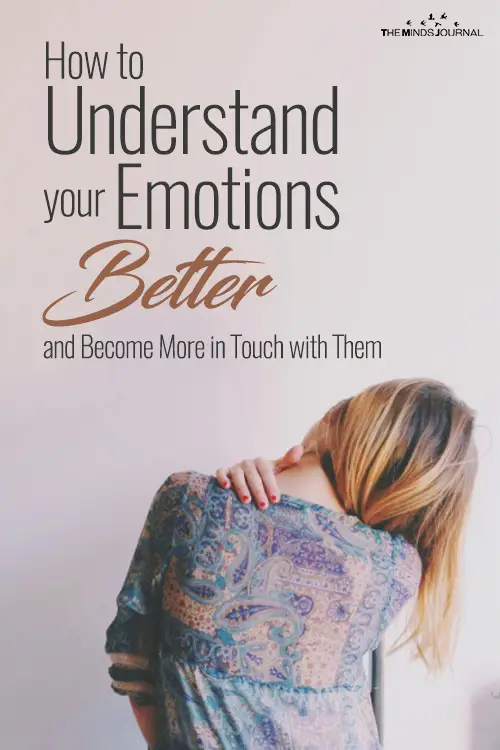
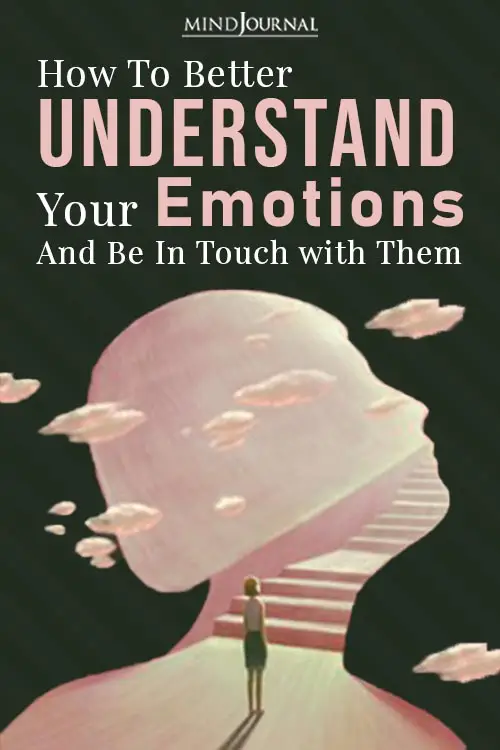
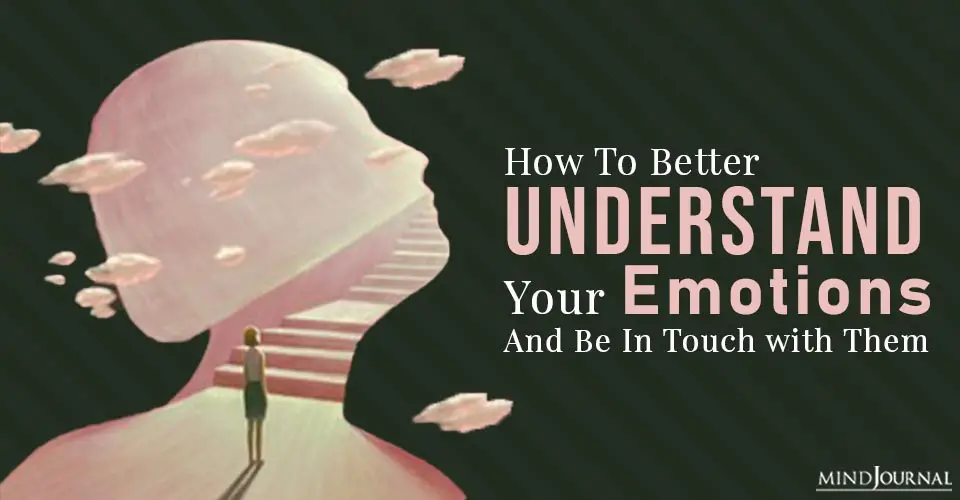




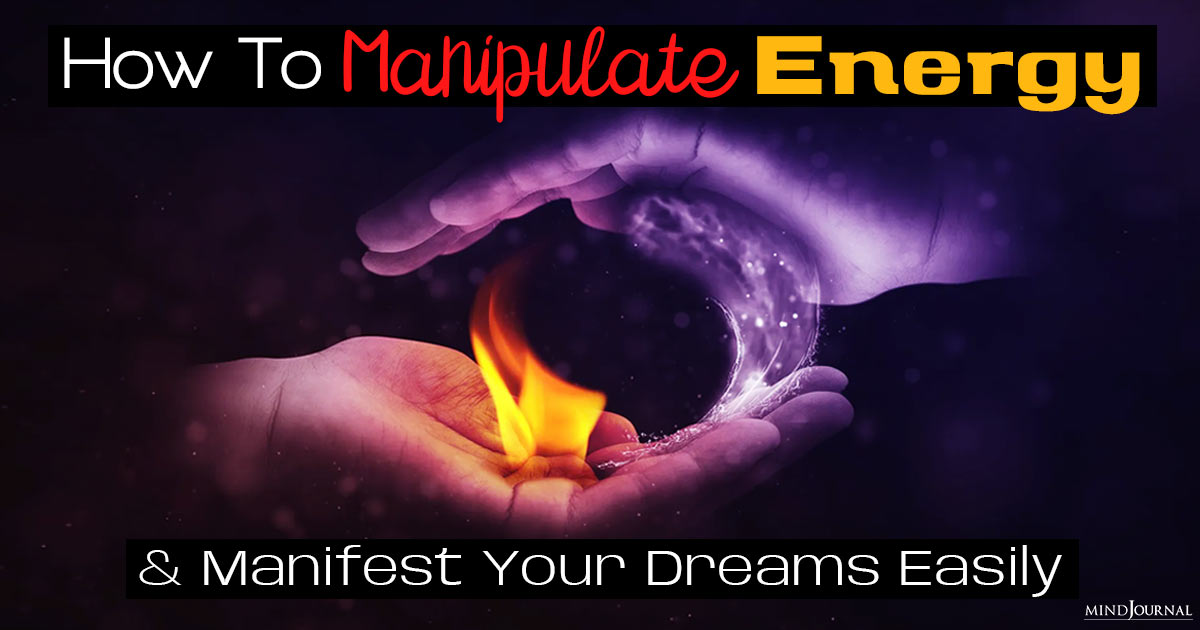

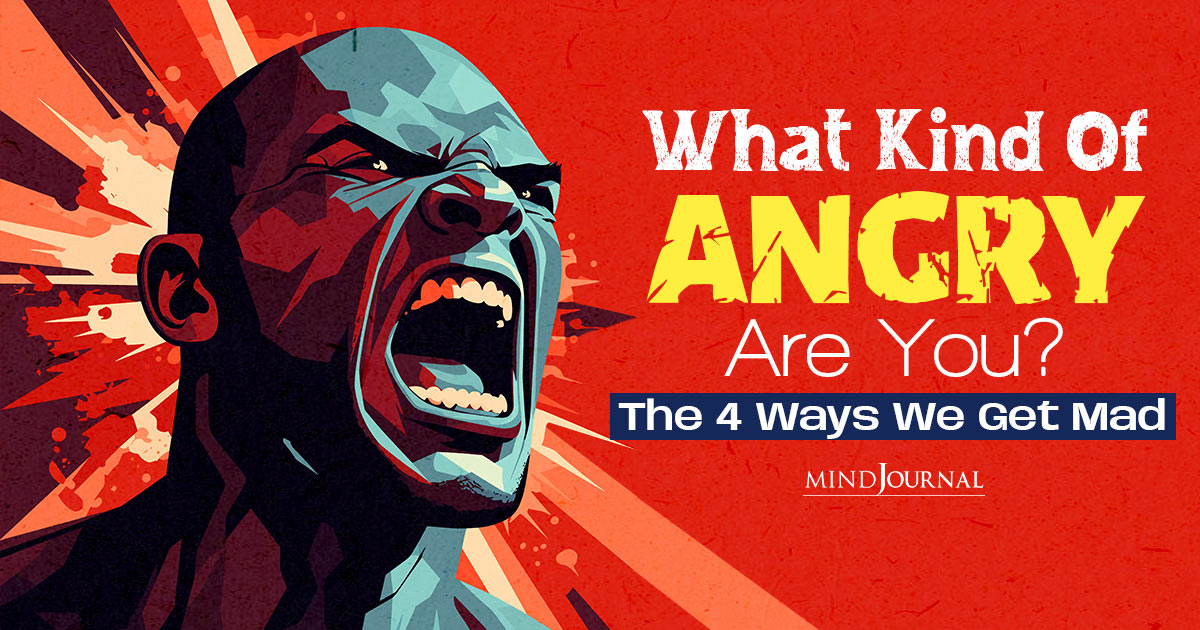
Leave a Reply
You must be logged in to post a comment.